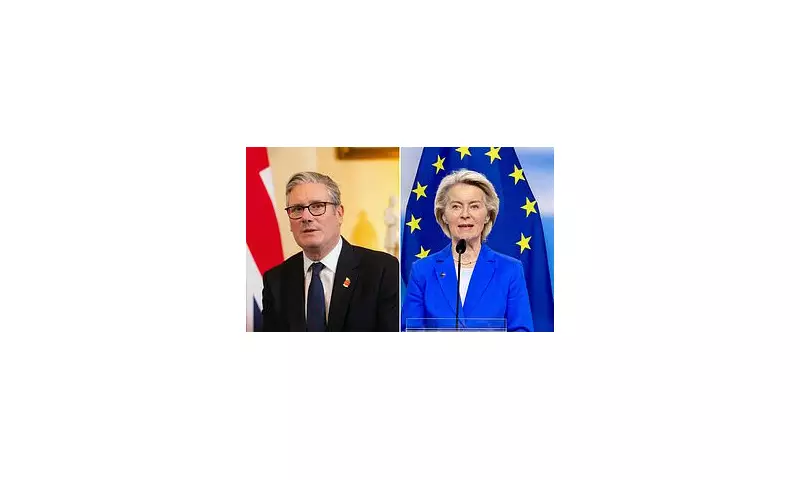
British taxpayers are facing a staggering financial revelation as details emerge about the true cost of the Brexit withdrawal agreement. According to recent analysis, the UK could be required to pay up to £50 billion to the European Union over the coming years, despite having officially left the bloc.
The Hidden Bill Behind Brexit
The enormous financial commitment forms part of the 'divorce bill' negotiated in the withdrawal agreement that many believed would be a one-time settlement. However, ongoing obligations mean British contributions to EU programs and pensions will continue draining public funds long after the 2016 referendum.
This revelation comes as many Britons believed the financial separation from Brussels was complete, raising serious questions about the transparency of the deal's true cost to the average taxpayer.
What Does This Mean for UK Public Finances?
The continuing payments represent a significant burden on the British economy at a time when households are already grappling with cost-of-living pressures and public services face funding constraints.
- Ongoing contributions to EU civil servant pensions
- Participation costs for EU programs Britain opted to remain in
- Outstanding financial commitments from pre-Brexit membership
- Administrative costs of managing the post-Brexit relationship
Political Fallout and Public Reaction
The disclosure of these continuing payments is likely to spark political controversy, with Brexit supporters and critics alike questioning whether the British public were fully informed about the long-term financial implications of the withdrawal agreement.
Many are asking: If sovereignty was the primary goal of Brexit, why does it come with such a hefty price tag that continues for years after departure?
As the details continue to emerge, both government officials and opposition parties face increasing pressure to explain how these ongoing payments align with promises made during and after the Brexit negotiations.





